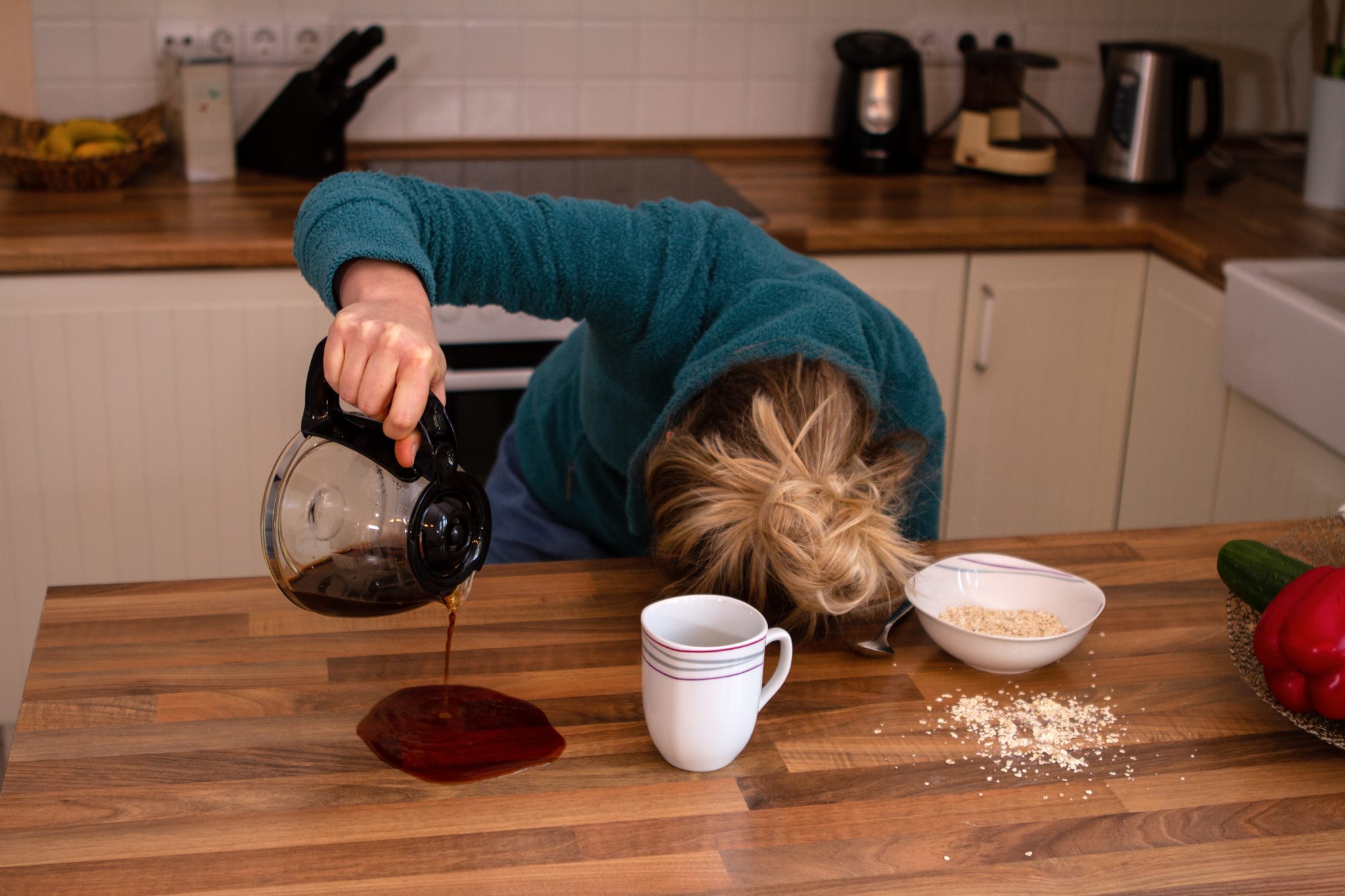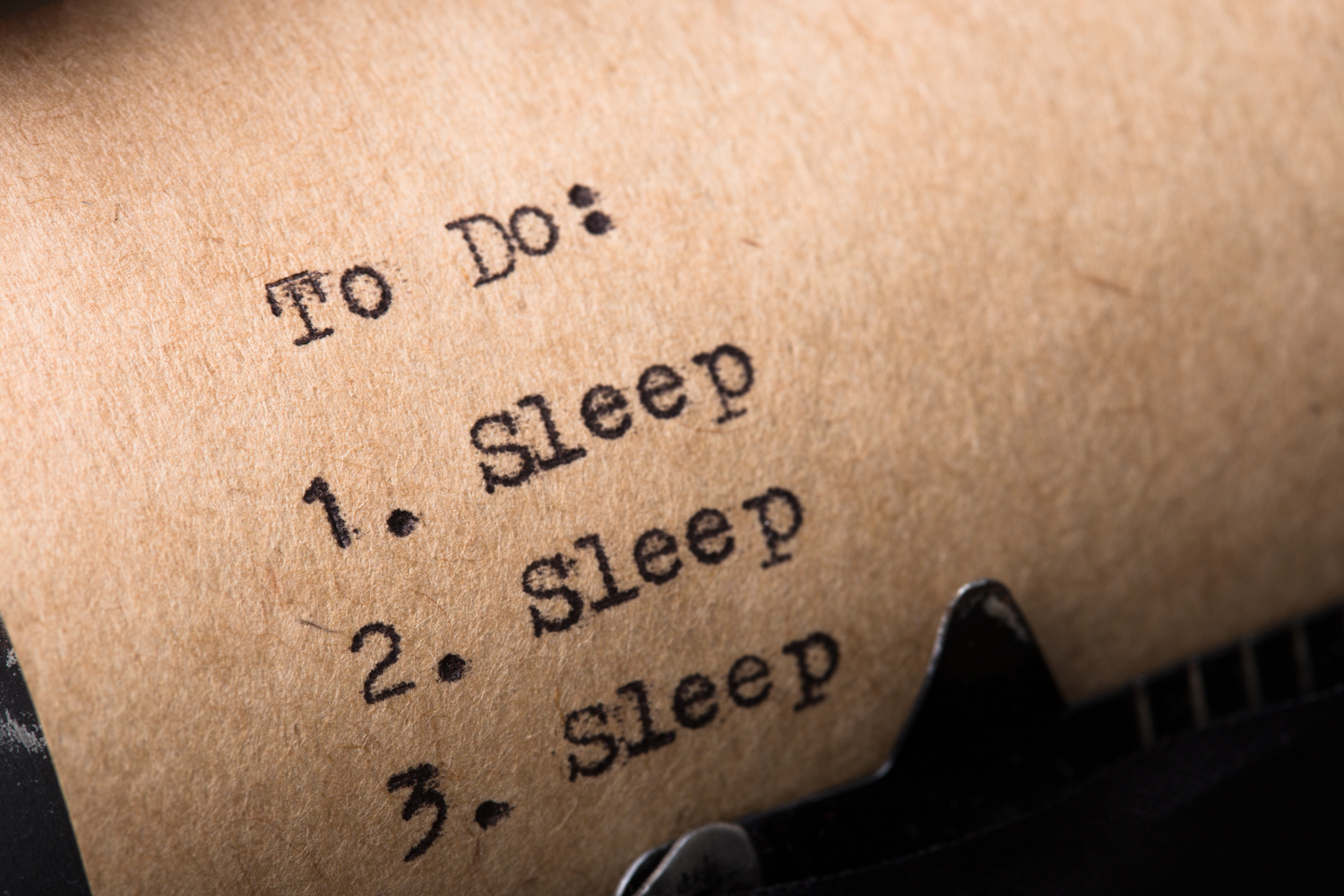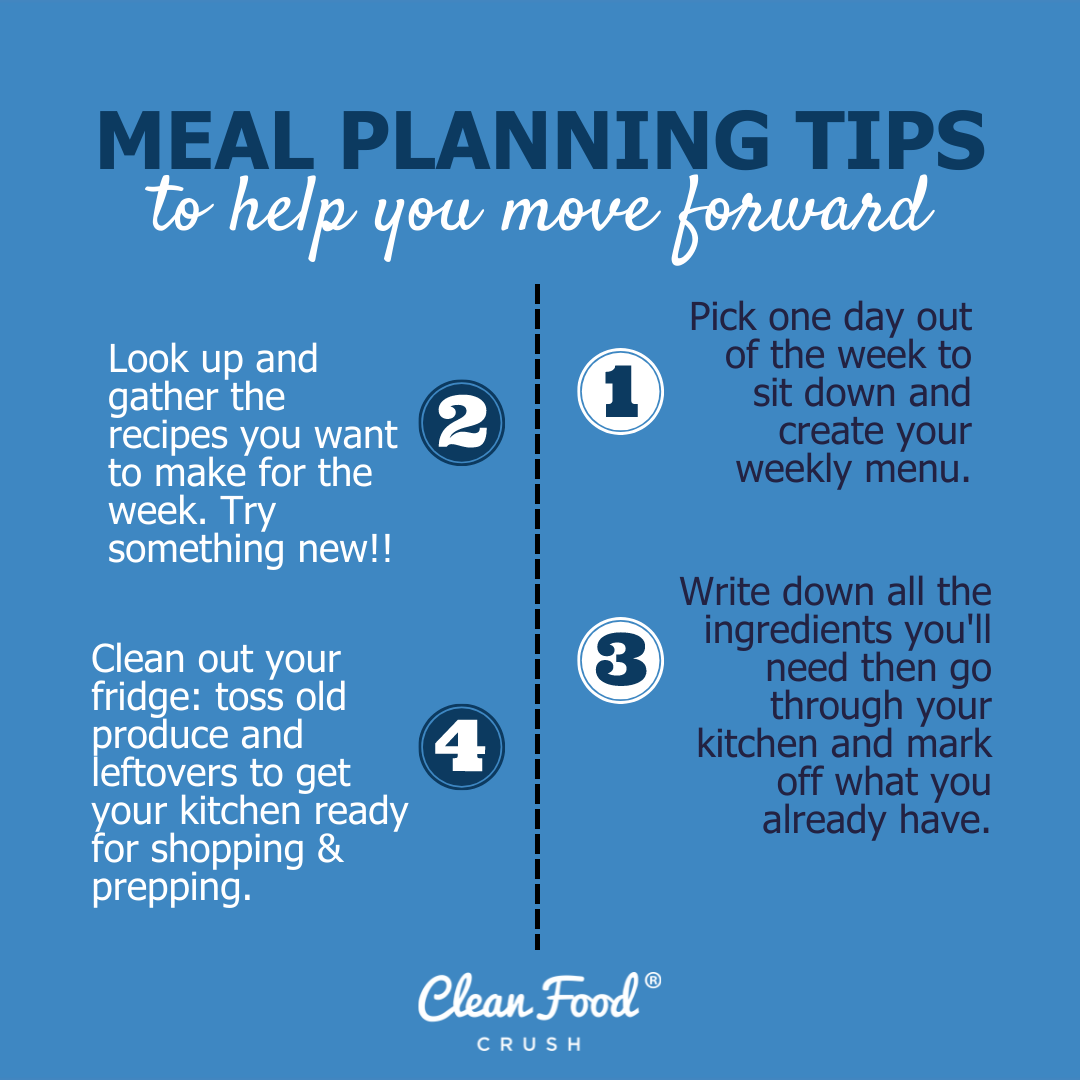If you’ve ever struggled to get good sleep, you’re certainly not alone.
It is estimated that about 68% of American’s struggle with sleep at least once per week, and about 1 in 3 American adults are not getting enough sleep on a regular basis. Sadly, these numbers are on the rise.
Clearly, there is a need for intervention.
Since sleep is such a crucial component to health, taking steps to understand what may be causing this sleep crisis and understanding what you can do to help manage it is very important.
Read on to learn more about why sleep is so important, the negative consequences of not getting enough, and things you can do to help improve your sleep asap.

Why does sleep matter so much?
Sleep is a major component to good health, and is a time when your body and brain “resets” itself to be ready for the next day. Not getting enough sleep negatively impacts many things including attention span, reaction time, learning abilities, alertness, mood, hand-eye coordination, and even short-term memory. Being overly tired is also believed to be a cause of many accidents, car crashes, and more.
In addition, chronic sleep deprivation has been linked to having an increased risk of developing chronic diseases, having higher stress levels, increased inflammation in the body, higher blood pressure and blood sugar, weight gain, hormone imbalances, and more. It’s safe to say that sleep can be associated with just about every aspect of health, and for good reason.
The American Academy of Sleep Medicine recommends that adults get at least 7 or more hours of sleep per night. Keep in mind that this is referring to high quality sleep, not sleep which is frequently interrupted or leaves you still feeling exhausted the next day.
What you can do to help improve your sleep
Being sleep deprived can make people understandably desperate to do whatever they can to get more shut-eye. Things like medications and high-tech devices are sometimes turned to as methods to help improve sleep. Yet while these things may help, they often do not address the underlying cause of why difficulty sleeping is happening in the first place. In addition, they may be costly, inconvenient, unsustainable, and have negative side effects.
Some of the reasons for poor sleep are understandably out of our control (things like a baby or small child, pets, living in a noisy area, having different work hours, etc). The good news is, though, that there is still much that IS in your control, such as the foods you eat, the supplements you take, and the routine you follow. So it’s important and worthwhile to focus on those!
What is Sleep Hygiene?
Sleep hygiene refers to the routine you follow before bedtime. Depending on what routine you follow, sleep hygiene can help set your body up for better sleep, or it can lead to difficulty sleeping.
Good sleep hygiene includes practices like:
- Going to bed around the same time each night & rising around the same time in the morning
- Turning off electronic devices at least 1 hour before bed
- Avoiding stimulating or stressful activities at least 1 hour before bed
- Keeping the bedroom cool, quiet, and dark (wearing an eye mask may help)
- Not engaging in non-sleep related tasks in the bed (social media scrolling, watching tv)
- Limiting caffeine intake and avoiding caffeine after about noon each day
- Limiting alcohol intake, which can interfere with sleep
- Limiting sugar intake within a few hours of bedtime, and instead, eating foods that help promote sleep (outlined below)
- Getting enough exercise, yet not too close to bedtime
Practicing at least a few (or all!) of these habits can significantly improve sleep quality and duration. Think about what areas might be most needed and practical for your lifestyle and try implementing one at a time.

These Triple Berry Oatmeal Muffins Contain Several Sleep-Improving Nutrients!
Foods & supplements to help promote better sleep
In addition to having proper sleep hygiene, there are many nutrients and supplements that can also play a role in promoting good sleep.
- Tryptophan. This is an amino acid that plays a role in promoting healthy sleep. It is converted into a molecule called 5-HTP (5-hydroxytryptophan), which is used to make serotonin and melatonin, which are other things required for good sleep (discussed more below). You’ve probably associated tryptophan with feeling sleepy after eating a big turkey dinner on Thanksgiving. It is found in many other foods as well, primarily high protein foods.
-
- Good food sources include: Salmon, soy products, eggs, turkey, chicken, seeds, warm milk, and nuts. Try including more of these foods with dinner to help naturally boost tryptophan levels.
-
- Melatonin. This is probably the most well-known natural remedy for sleep issues and is most commonly taken in supplement form. What most people don’t realize, though, is that it can be consumed through food as well.
-
- Good food sources include: eggs, fish, whole wheat, barley, oats, tart cherries, grapes, pistachios, soy, beans, tomatoes, and peppers.
-
- Valerian Root. This is one of the most commonly used herbal supplements for sleep, and for good reason. Valerian can be taken in capsule, tea, powder, and tincture form, and taking between 300-900mg of valerian root may help with falling asleep faster and getting better quality sleep. Chamomile. This herb has been used for centuries to help fight off insomnia. Try drinking chamomile tea about an hour or so before bed.
- Magnesium. Magnesium is involved in over 300 systems in the body, including your ability to sleep well. It is estimated that up to half of Americans are deficient in magnesium, and increasing your intake may help improve much more than just sleep. Supplementing with magnesium in addition to increasing your intake from food can work wonders on health and sleep.
-
- Good food sources include: nuts, spinach, tofu, avocados, seeds, dark chocolate, and bananas. Try snacking on some almonds before bed or enjoying a banana topped with almond butter as a bedtime snack.
-
- GABA. This is a neurotransmitter that is produced in the brain and has been shown to support sleep. Helping your body produce more GABA, therefore, can help improve sleep quality. Try taking a GABA supplement in the evening, as well as increasing your intake of food sources of this neurotransmitter.
-
- Good food sources include: Whole grains (such as oats, wheat, and barley) Buckwheat, tomatoes, broccoli, beans, tomatoes, mushrooms, and sweet potatoes.
-
- 5-HTP. This is an amino acid that helps produce serotonin and melatonin. Research has shown that combining 5-HTP with GABA can help reduce the time it takes to fall asleep as well as increase sleep duration.
- Lavender. This herb has a soothing fragrance that is believed to promote sleep and a feeling of calmness (it can also be used to treat anxiety). Studies have shown that it acts as a mild sedative and can be used to treat mild sleep disturbances. Try diffusing lavender essential oil in the bedroom, rubbing it on the skin, soaking in bath water infused with lavender, and/or drinking lavender tea.
- L-Theanine. L-theanine is another amino acid positively associated with better sleep. Studies also support the use of GABA plus L-theanine for improving sleep quality.
In Summary
Not getting enough sleep is a serious issue, and can be caused by a number of factors. While medications are an option to help promote better sleep, there are also a number of natural remedies that are worth giving a try. Practicing better sleep hygiene, eating certain foods, and taking the right supplements can all play a big role in promoting better sleep. There may always be some things you can’t control that can interfere with sleep, but we encourage focusing on what is in your control as the best starting point!

from Clean Food Crush https://ift.tt/2VjtCMa




No comments:
Post a Comment